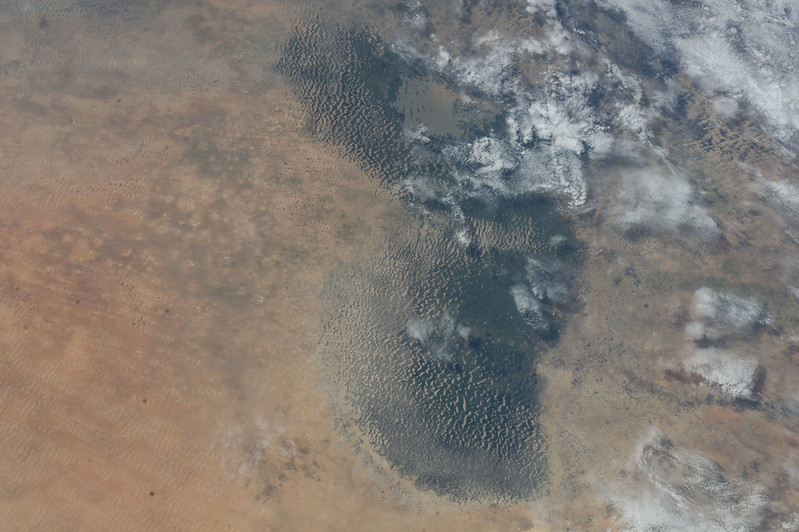Olivier Bucyana is Masters student in Comparative Politics at the London School of Economics and Political Science. Olivier points out that internal disunity within the African Union has allowed the West to take the initiative in Libya, a move which could have terrible consequences in the region.
The “Arab Spring” which started in northern African countries a few months ago has paved the way for a domino effect in the region.

Despite the fact that these “revolutions” in northern Africa are having important consequences in sub-Saharan African countries, the African Union (AU) has been sidelined in numerous important decisions being made by the West concerning those same “revolutions”.
The overriding aim of the 1973 UN Resolution is to find a political solution involving both parties in the conflict. Yet France’s recent acknowledgment that it has supplied weapons to the insurgents in Libya could jeopardise such a solution and destabilise the entire region.
The presence of Al-Qaeda in the region (also known as “Al-Qaida au Maghreb Islamic” (AQMI)), known for its numerous abductions, is why such a large quantity of weapons could not only destabilise the region but sub-Saharan African countries as well.
The unwillingness of the International Coalition to stop supporting the insurgency through military means does not allow the AU or any other parties to facilitate a dialogue, therefore paving the way for conflict.
Officially, the AU supports a peaceful political solution to this conflict. However, divisions among African heads of state over this issue further complicate the AU’s ability to find a suitable solution.
Although Gaddafi’s meddling in African affairs throughout the years has attracted him enemies, Libya’s large investments in the continent’s economies have allowed Gaddafi to strengthen ties with certain heads of state.
In addition, Libya has been one of the biggest financial contributors to the AU in past decades, which makes the process of finding a consensus among its members even more complicated.
These disagreements within the AU and the West’s support for the International Contact Group have allowed the West to sideline the AU and pursue its agenda, which is essentially to remove Gaddafi from power.
Furthermore, the lack of organisation of the insurgents on the ground allows us to be sceptical about their ability to control and bring peace to an entire country, if they ever manage to take over the Tripoli government.
This brings us to three important questions: is the support of the West simply a humanitarian one? If that is the case, why is it that Libya gets more attention than Bahrain or even Eastern DR Congo, where rebel groups have been destabilising the region as well as constantly and savagely raping women and children for many years now?
Is the responsibility to protect now used as a pretext to protect and advance one’s own interests? Are we witnessing the death of humanitarianism or has it been dead for a long time now? I believe that these are important questions that world leaders should address today.




1 Comments